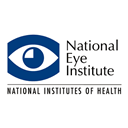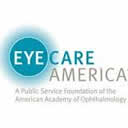Conditions Treated
- Ophthalmologists are trained to examine, diagnose, and treat patients with a large range of eye conditions. However if your ophthalmologist finds that you have a severe level of a certain eye condition or a rare eye disease, he or she may decide to refer you to a subspecialty ophthalmologist with greater experience in treating that eye disease. Some patients may also have more than one condition with heightened severity requiring the services of more than one ophthalmologist, each with a different area of expertise. Dr. Zacharia’s area of subspecialty expertise is in treating glaucoma, cataracts, lens implant problems, and eye injuries.
- Glaucoma is a disease which damages the optic nerve, the cable which sends visual signals from your eye to your brain. It is typically thought of as a condition in which the eye pressure is too high but can also be present without a high pressure in the eye. Damage to your optic nerve will result in poor transmission of visual signals to your brain causing you to have partial or complete blind spots at various locations in your field of vision. Vision lost to glaucoma is permanent making treatment of glaucoma important before visual loss results.
- Cataracts develop when the lens within your eyeball becomes cloudy. This results in blurring the image which your natural (now cloudy) lens focuses onto your retina. Cataracts may make it difficult for you to read, work, and drive, and can also cause symptoms of glare.








